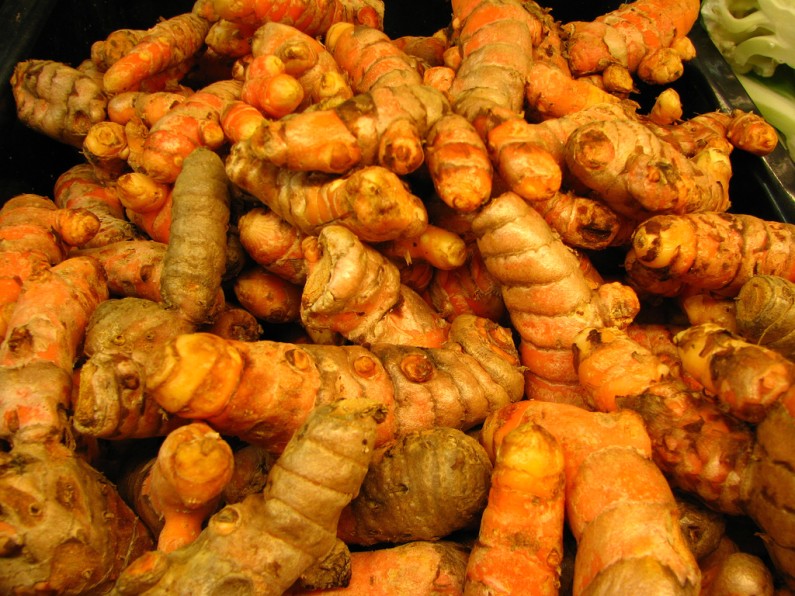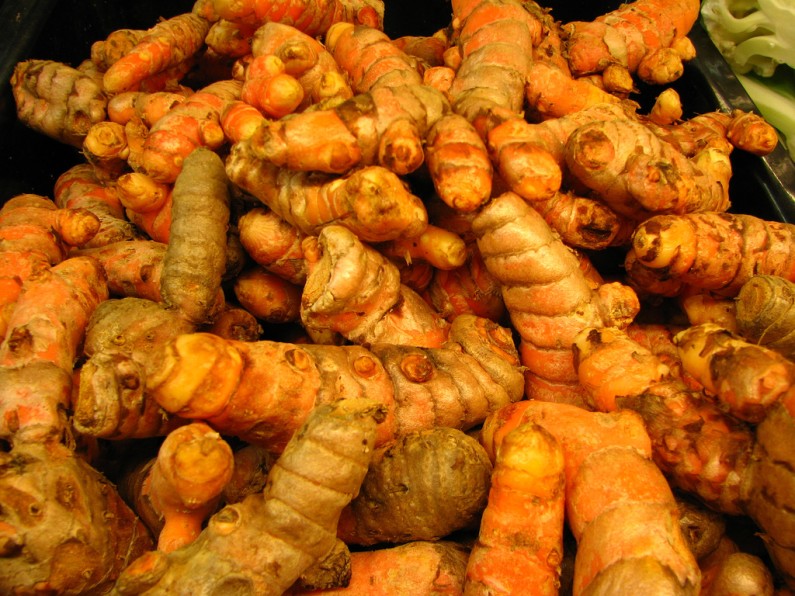
Enough sprinkling cinnamon on your morning oatmeal, turmeric is claiming its place as the new breakfast spice. A new study, conducted in Taiwan, demonstrates improved working memory in participants consuming one gram of turmeric in the morning, saying “there is likely to be value for mealtime turmeric usage.” Pre-diabetics, already at a 2-3 times higher risk of dementia, stand to benefit the most from this discovery. The study also examined the potential benefits of cinnamon, which was found to have no effect on working memory.

Professor Mark Wahlqvist, who led the study, explains “Working memory is widely thought to be one of the most important mental faculties, critical for cognitive abilities such as planning, problem solving and reasoning.” Diabetes is often linked to an increased risk of cognitive impairment.
Study participants, all over age 60 and pre-diabetic, were divided into four groups, fasted overnight, and were fed a breakfast of white bread with one of four condiments: cinnamon, turmeric, cinnamon and turmeric, or a placebo. Only the participants given turmeric showed an improvement in working memory. This improvement lasted for six hours. The amount of improvement in each subject depended on body fat an insulin resistance. No interaction was found between turmeric and cinnamon.
In conclusion, the study states, “Turmeric…can improve post-prandial working memory in people with pre-diabetes who are prone to cognitive impairment…its efficacy is dependent on energy balance and insulin status.”
Curcumin, the main ingredient in turmeric, has previously been shown to reduce the risk of Type II diabetes in those with pre-diabetes by reducing blood sugar levels. However, in individuals who already have Type II diabetes, turmeric can lower blood sugar levels too much and therefore must be consumed with caution.
Cinnamon has also been shown to have anti-diabetic benefits.
A previous study conducted in Julich, Germany also links turmeric to improved cognitive abilities by promoting stem cell proliferation and differentiation in the brain. Anecdotal evidence to this benefit includes the low rate of Alzheimer’s in Southwest Asia, to where turmeric is native.
Turmeric is probably the healthiest spice on your shelf. A 2012 study demonstrated its use in reducing heart attacks among bypass patients. Researchers concluded “the anti-inflammatory properties of curcumin may contribute to as much as a 65 percent lower chance of heart attack.” In 1989, another study proved turmeric effective at fighting heartburn and indigestion.
Anti-inflammatory benefits of turmeric abound. They include reducing eye inflammation, Crohn’s disease (an inflammatory bowel disease), irritable bowel syndrome, kidney inflammation, and ulcerative colitis.
To be effective, turmeric must be consumed daily for up to six months. Turmeric is also effective in fighting bronchitis, lung infections, fever, menstrual pains, depression, gingivitis, arthritis, and some skin irritations. Early studies are even looking at its effects in fighting cancer.
Traditionally consumed in curries, and most recently as a breakfast condiment, turmeric can be added to your diet in a variety of ways. The spice is high in iron, manganese, fiber, and potassium. Add it to any sautéed vegetables, rice, salad, or boil it to make tea. Just don’t spill it, because it will stain!
Blog By Sara Gilman
Source:
apjcn
Image courtesy of Melanie Cook – Flickr License


